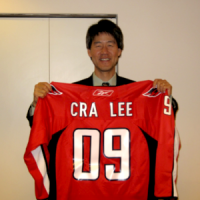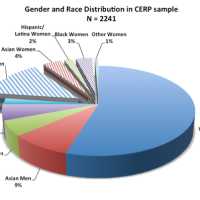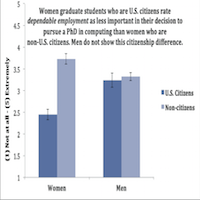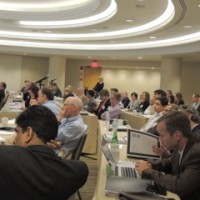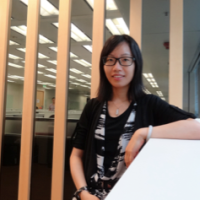Nominations Open for 2014 CRA Award for Outstanding Undergraduate Researchers
The Computing Research Association is pleased to announce the annual CRA Award for Outstanding Undergraduate Researchers, which recognizes undergraduate students in North American colleges and universities who show outstanding research potential in an area of computing research. The award is a terrific way to recognize your best student researchers and your department. The deadline for nominations is Friday, October 25, 2013.



